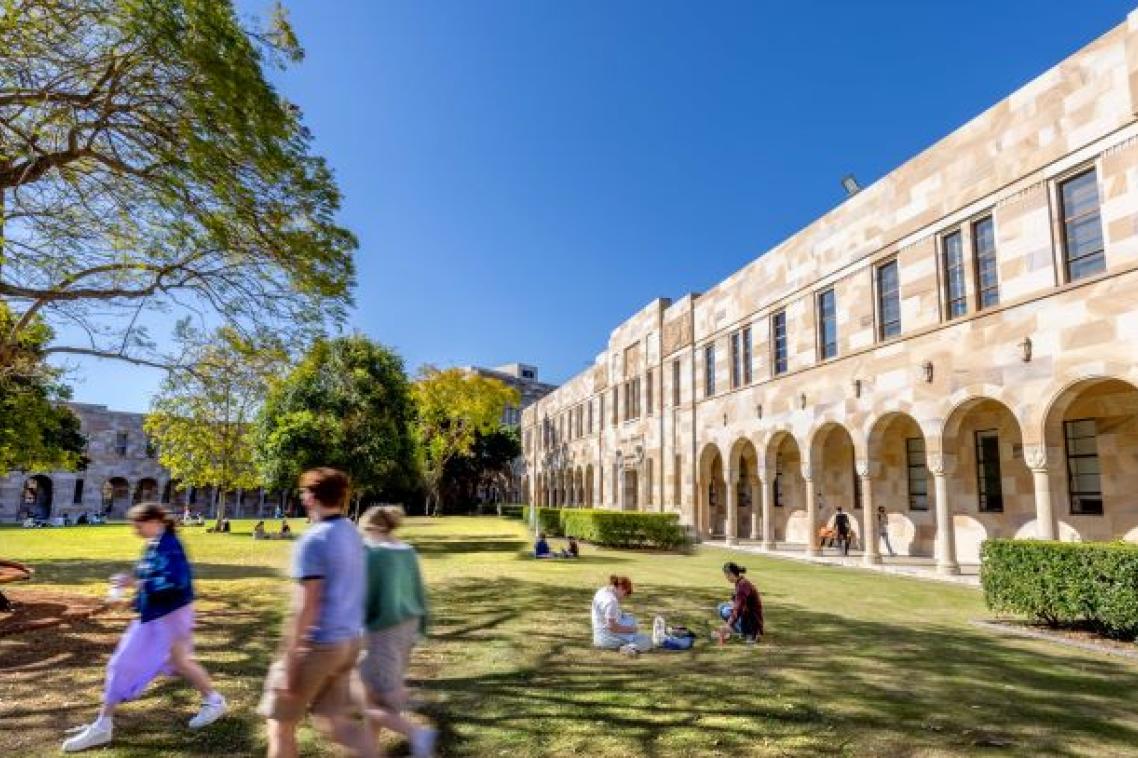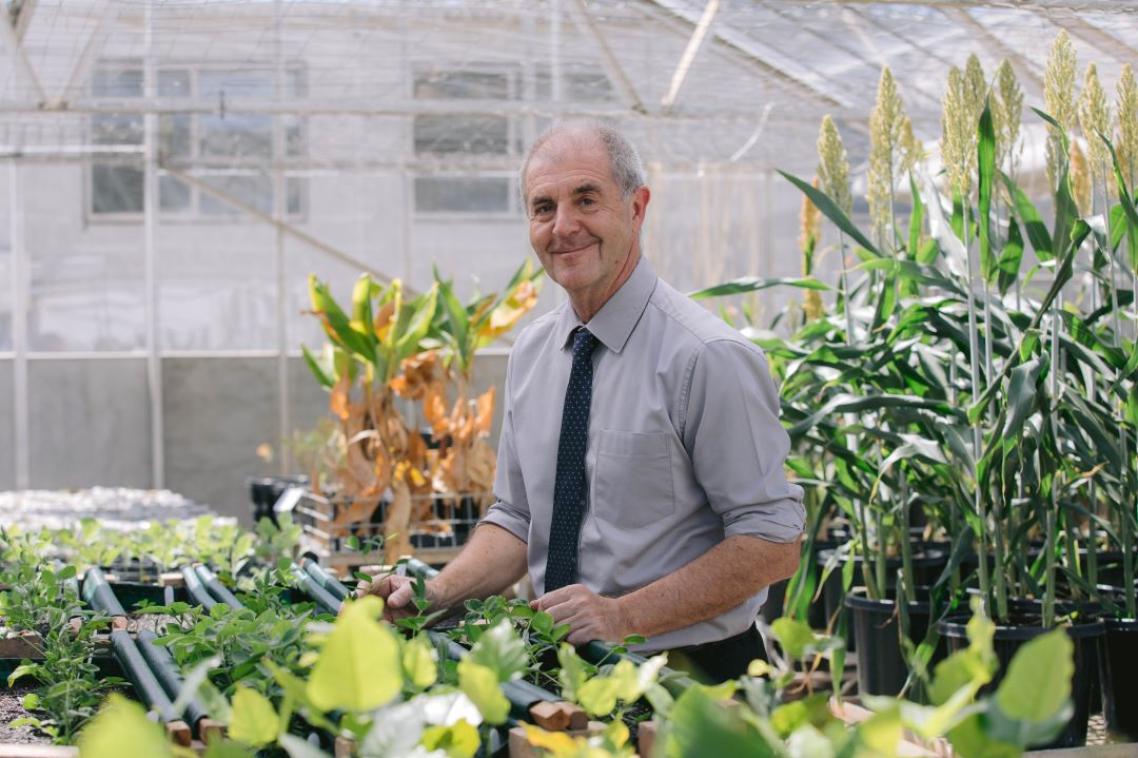A new take on protecting coral reefs
A University of Queensland academic is hoping to change the way governments around the world look at saving coral reefs, some of the world’s greatest natural wonders.
Writing in the latest edition of the prestigious research journal Science, Associate Professor John Pandolfi from UQ’s Centre for Marine Studies said coral reefs have been declining for centuries, not just in recent times, but enough is now known to start actively restoring them.
Dr Pandolfi was the lead author of a policy paper titled Are U.S. Coral Reefs On The Slippery Slope To Slime? an article aimed squarely at changing the way governments approach reef conservation.
Dr Pandolfi said the paper deliberately targeted the United States, a country that has been slow in developing a cohesive policy on reef sustainability.
“Australia has already gone some way to protecting its reefs and some smaller Caribbean countries have programs in place but not the US,” Dr Pandolfi said.
“The big picture is really about the reefs of the world, and if the US shows the necessary leadership, others will follow.”
The paper calls for a change of thinking on three fronts if coral reefs are to be saved.
“Firstly, the state of many reefs is so poor that at such a late date we need to address all threats simultaneously,” Dr Pandolfi said.
“This means we can’t play the blame game anymore, rather we have got to get solutions, because once all the stakeholders take responsibility then we all stand to gain.
“Secondly we have to strongly encourage all governments to maintain the entire reef ecosystem by protecting large areas of the reefs from human intervention and effectively managing the remainder.
“And thirdly, and most importantly, there needs to be a concentration of efforts aimed at reversing the decline of the reefs.”
“The good news is that we now have the information of what these ecosystems were like before and if we can take small steps back, then we will not only be stopping the decline but we will actually reverse the damage”.
He said he wasn’t advocating an unrealistic expectation of going back to the reefs’ original state before human intervention, rather reversing the damage taking little steps.
“That is the only way to measure the success of our management actions,” he said.
Media: for more information contact Associate Professor John Pandolfi (telephone +61 7 3365 3050 or email j.pandolfi@uq.edu.au).
Related articles

UQ Professor recognised for improving health equity outcomes

Plants with therapeutic health benefits: the next generation of functional foods
Media contact
UQ Communications
communications@uq.edu.au
+61 429 056 139
